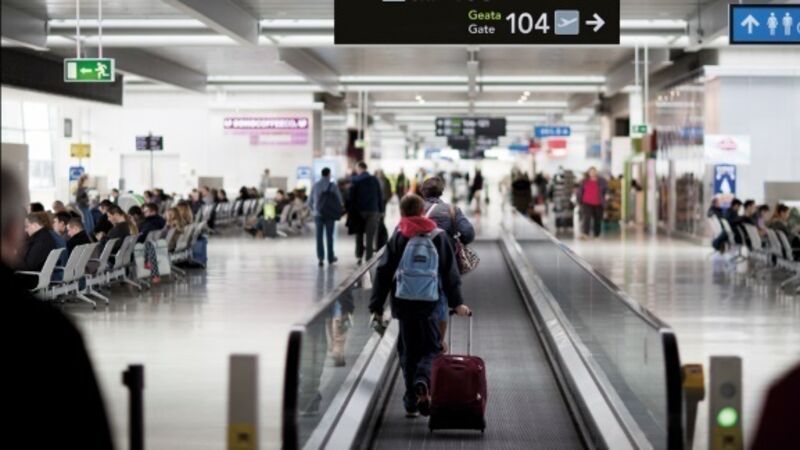Airlines criticise airport security levy plan

New legislation is being introduced which will allow the IAA to charge airlines, airports and firms which provide goods used on airlines and after airport security gates for the cost of ensuring the safety of all goods onboard aircraft and in secure areas of airports.
To date the IAA has met the cost of such oversight through its own resources.













